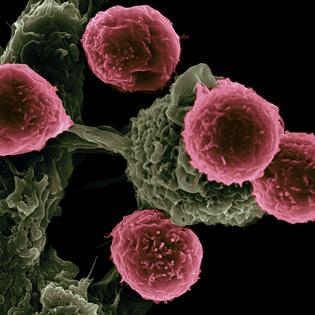Genetic Counselor: Guiding Patients Through Genetic Information
Published in EDU Advice
Genetic counselors provide risk assessments and counseling to individuals and families regarding genetic disorders or birth defects. A bachelor’s degree in genetics, biology, nursing, or a related field provides the basic knowledge necessary for this career. Topics covered often include cell biology, biochemistry, and molecular biology.
The next step is a Master’s in Genetic Counseling, accredited by the Accreditation Council for Genetic Counseling. This program delves into genetics, psychology, and counseling, combining classroom learning with clinical rotations.
After graduation, state licensure and certification from the American Board of Genetic Counseling (ABGC) or equivalent boards are usually required. Certification involves passing an examination that tests both theoretical and clinical understanding.
Continued education is necessary to maintain licensure and certification, which can be achieved through workshops, seminars, and academic publications.
This article was generated by Open AI with human guidance and editing along the way.









Comments